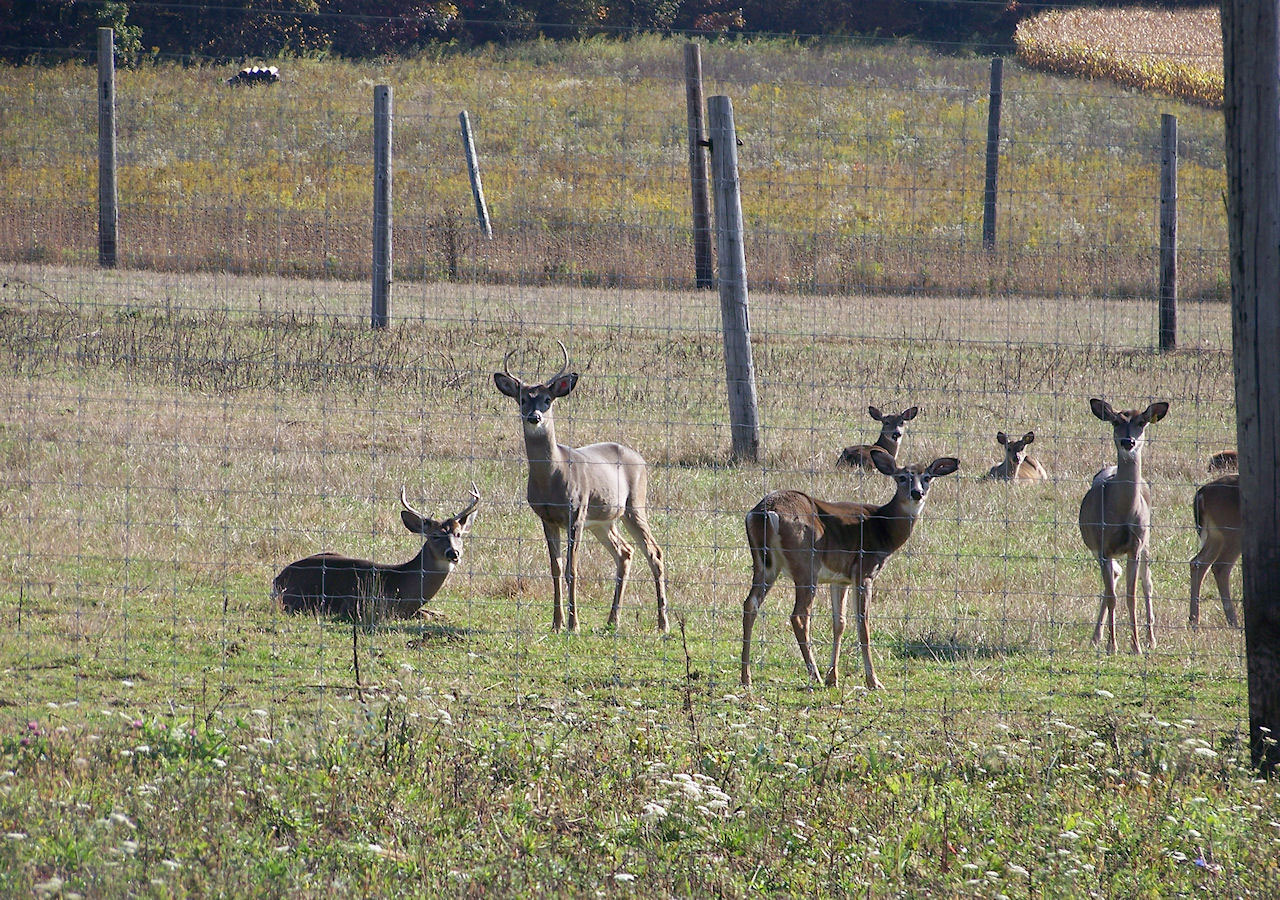Thirteen new cases of chronic wasting disease (CWD) were confirmed at a Medina County captive white-tailed deer breeding facility on June 29.
Texas Animal Health Commission (TAHC) and Texas Parks and Wildlife Department (TPWD) discovered these cases while conducting an epidemiological investigation on the quarantined facility after a 3 ½-year-old captive white-tailed doe tested positive for CWD in April 2016. This initial positive doe was tested for CWD due to increased surveillance testing required by the facility’s TAHC herd plan. The herd plan was developed to assess the risk of CWD in the facility for its association with the first Texas CWD positive herd.
USDA diagnostic sampling funds were utilized to conduct the testing. Of the 33 samples submitted to National Veterinary Services Laboratory (NVSL) for testing, 13 of these samples revealed the presence of CWD prions. TAHC and TPWD will be working closely with the facility owner to develop future testing strategies to assess the CWD disease prevalence within the facility.
With these new positive cases, 25 total white-tailed deer originating from captive white-tailed deer breeding facilities have been confirmed positive for CWD in the state, including the initial CWD positive deer detected in June 2015.
The disease was first recognized in 1967 in captive mule deer in Colorado. CWD has also been documented in captive and/or free-ranging deer in 24 states and 2 Canadian provinces. In Texas, the disease was first discovered in 2012 in free-ranging mule deer along a remote area of the Hueco Mountains near the Texas-New Mexico border. Earlier this year, a free ranging mule deer buck harvested in Hartley County was confirmed CWD positive.
CWD among cervids is a progressive, fatal disease that commonly results in altered behavior as a result of microscopic changes made to the brain of affected animals. An animal may carry the disease for years without outward indication, but in the latter stages, signs may include listlessness, lowering of the head, weight loss, repetitive walking in set patterns and a lack of responsiveness. To date there is no evidence that CWD poses a risk to humans or non-cervids. However, as a precaution, the U.S. Centers for Disease Control and the World Health Organization recommend not to consume meat from infected animals.
More information on TPWD’s CWD web pages, or at the Chronic Wasting Disease Alliance website.
More information about the TAHC CWD program may be found on the TAHC website.

